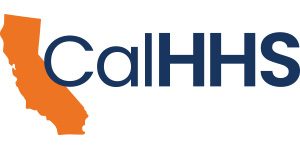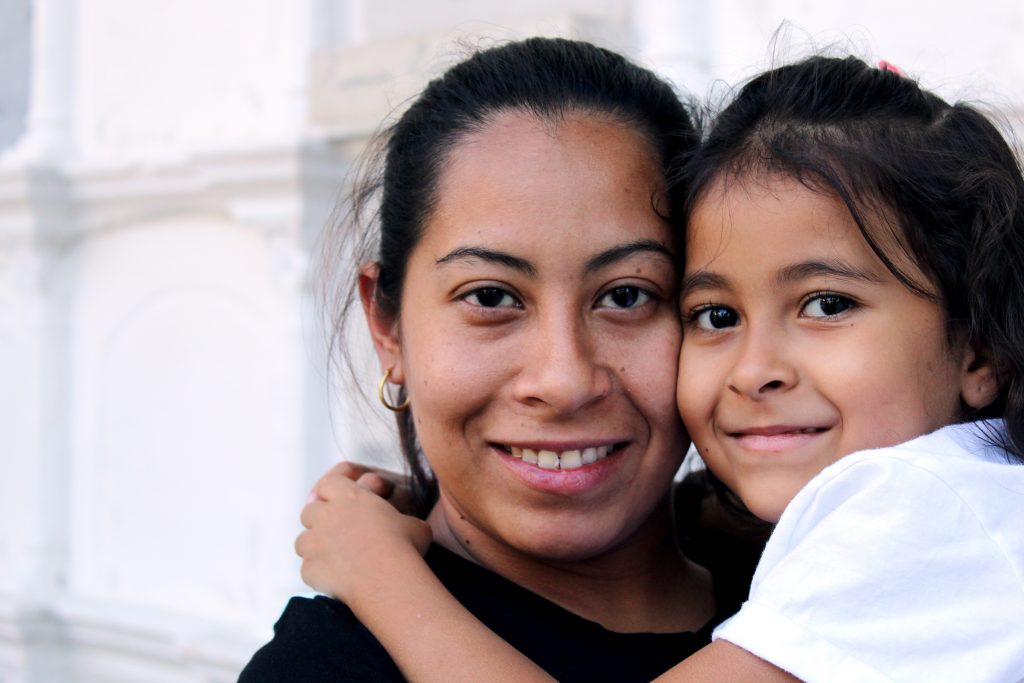“Our state is proud to be home to the nation’s largest immigrant population and we are committed to building a California that is inclusive of all our neighbors. While we support the current administration’s interim decision to revert to the 1999 field guidance, which does not consider the receipt of most government funded health, food, or housing services in a public charge determination, it is the State’s position that any future rule must eliminate the consideration of past receipt of public benefits and must not add new health and human services programs to the public charge determination.
“The public charge rule’s consideration of past receipt of a public benefit as a negative factor belies the intent behind federal and state-funded public benefits. The public benefits and services provided in California are vital to the health and prosperity of all Californians. Any person, regardless of their socio-economic background, may at some time in their life need public assistance to ensure they and their families are housed, fed, and can connect with employment opportunities. The COVID-19 pandemic has made it clear that Californians of all backgrounds are at risk of temporary economic hardship, and this experience is not predictive of their future income.
“The consideration of past receipt of public benefits acts as a deterrent to those who are in greatest need of support. Deterring individuals from accessing the public benefits for which they or their family members are eligible undermines the State’s efforts to address housing insecurity, food insecurity, the medical care needs of children, public health emergencies such as the COVID-19 pandemic, state or local disasters such as wildfires, income inequality, and much more. Social service and public benefit programs have been shown to promote improvement in academic outcomes for school children and long-term health and wellness outcomes for children and adults. If an individual is eligible for a benefit or service, they should be encouraged to apply for and receive that benefit, as receipt will assist not only the individual, but their community and the state.
“The California Health and Human Services Agency (CalHHS), along the California Department of Health Care Services (DHCS), the California Department of Public Health (CDPH), the California Department of Social Services (CDSS) and California’s Health Insurance Exchange, Covered California, submitted a comment letter to the U.S. Department of Homeland Security to make it clear that we oppose any consideration of past public benefit receipt in a public charge determination because it would undermine our mission to serve, aid, and protect needy and vulnerable children and adults.
“Today, we are also releasing an updated, more consumer-friendly public charge guide to serve as a resource for individuals and families with questions about the current federal public charge policy. Important to note that health, food, and housing services are NOT considered, which means that these government funded benefits and services are safe to use. More importantly, COVID-19 testing, treatment and preventative services, including vaccines, are NOT considered for public charge purposes. We encourage individuals and families to contact a qualitied immigration attorney if they have questions about public charge and their immigration case. We have funded qualified immigration providers, visit the CDSS website, for list of providers to contact.”
View the comment letter.
View California’s updated Public Charge Guide (English Version).
View California’s updated Public Charge Guide (Spanish Version).
###


